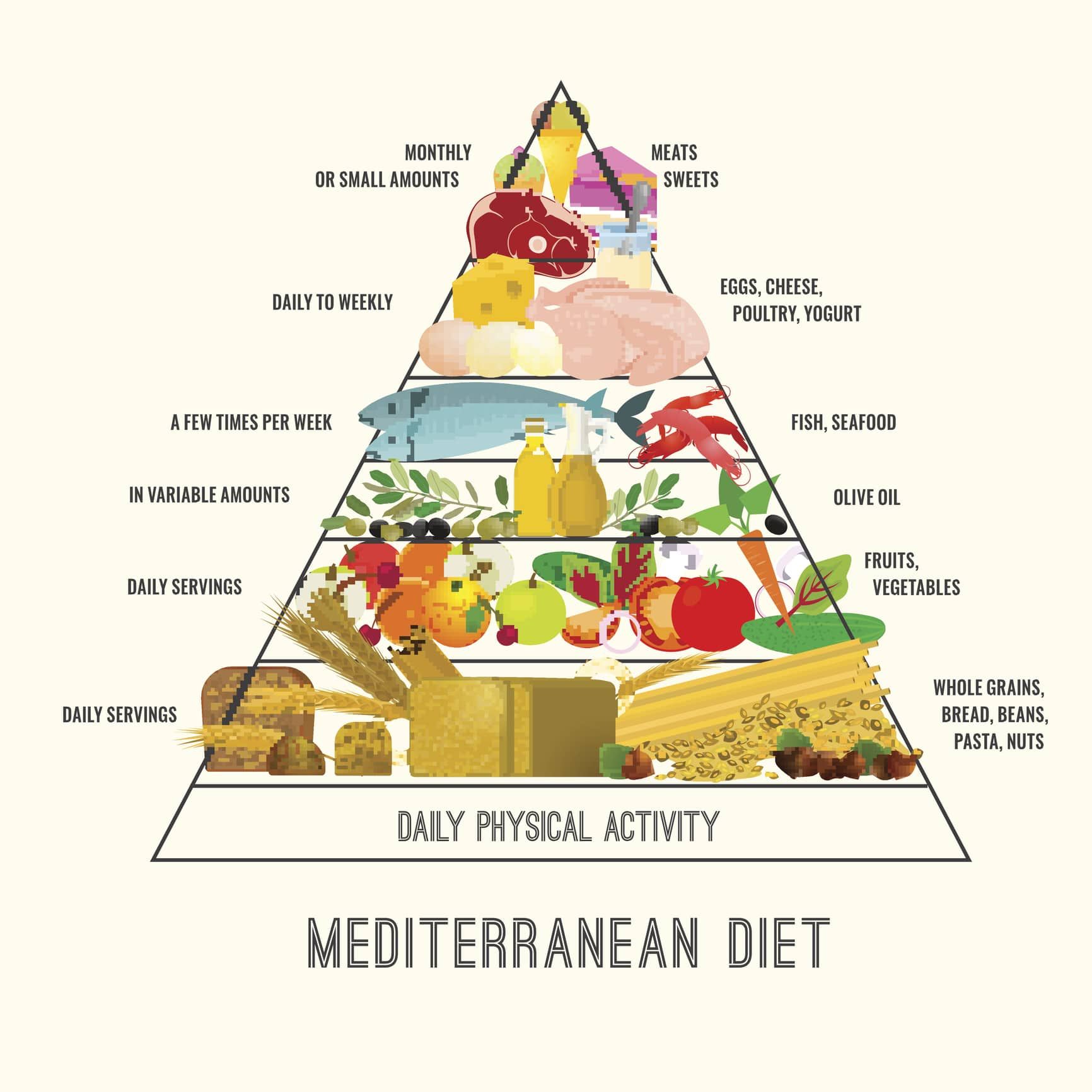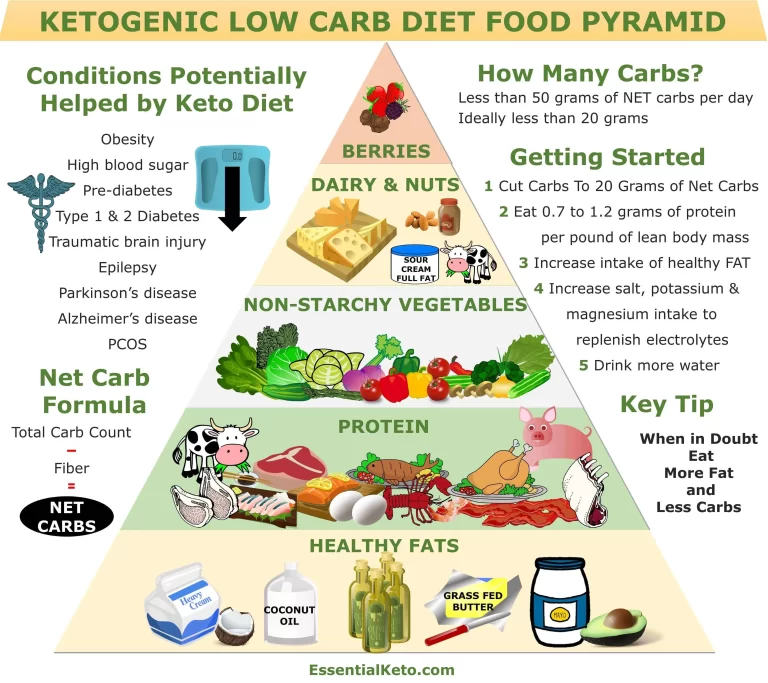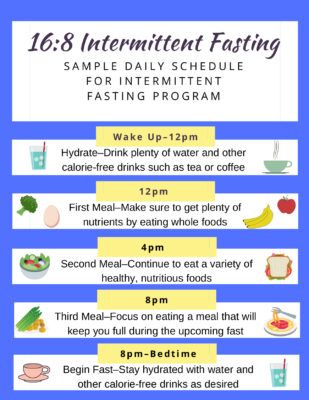The Mediterranean diet is not just another fad diet; it is a way of life that has been practiced for centuries by the communities along the Mediterranean coastline. It is not only a delicious and diverse cuisine but also a proven path to longevity and overall well-being. In this article, we will explore the key elements of the Mediterranean diet, its health benefits, and how you can incorporate it into your own lifestyle.
The Key Elements of the Mediterranean Diet
The Mediterranean diet is rich in fruits, vegetables, whole grains, legumes, nuts, and healthy fats. It revolves around the abundant use of olive oil, which is the primary source of fat in this dietary pattern. Fish and seafood are preferred sources of protein, while poultry, eggs, and dairy products are consumed in moderation. Red meat and processed foods are limited, while herbs and spices are used to add flavor and reduce the need for excessive salt.
Fruits and Vegetables
The Mediterranean diet emphasizes the consumption of a wide variety of fruits and vegetables, which are high in vitamins, minerals, and antioxidants. These fresh produce items provide essential nutrients that support good health, boost the immune system, and help reduce the risk of developing chronic diseases.
Whole Grains and Legumes
Whole grains, such as whole wheat, oats, and brown rice, are a staple in the Mediterranean diet. They offer a wealth of dietary fiber, which aids digestion, helps maintain a healthy weight, and lowers the risk of heart disease and type 2 diabetes. Legumes, such as beans, lentils, and chickpeas, provide additional protein, fiber, and a range of essential minerals.
Healthy Fats
Olive oil, a hallmark of the Mediterranean diet, is rich in monounsaturated fats that help reduce bad cholesterol levels and maintain cardiovascular health. This healthy fat source is used for cooking, dressing salads, and as a condiment. Other sources of healthy fats in this diet include nuts, seeds, and avocados.
Fish and Seafood
Fish, particularly fatty fish like salmon, sardines, and mackerel, are rich in omega-3 fatty acids, which have been linked to a reduced risk of heart disease, improved brain health, and overall well-being. The Mediterranean diet encourages the consumption of fish and seafood at least twice a week.
Modest Meat and Dairy Consumption
Red meat and processed meats, such as sausages and bacon, are limited in the Mediterranean diet due to their associations with various health risks. Poultry, eggs, and dairy products are consumed in moderation, with a focus on lean cuts of meat and low-fat dairy options like Greek yogurt and feta cheese.
Health Benefits of the Mediterranean Diet
The Mediterranean diet has long been hailed as a healthy eating pattern that promotes longevity and reduces the risk of chronic diseases. Numerous scientific studies have shown that following this dietary approach can have several positive effects on overall health:
Reduced risk of heart disease
Lowered blood pressure
Improved cholesterol levels
Weight loss and weight management
Lowered risk of type 2 diabetes
Improved brain health and reduced risk of neurodegenerative diseases
Reduced risk of certain types of cancer
Increased longevity and overall well-being
Incorporating the Mediterranean Diet into Your Lifestyle
Adopting a Mediterranean-style eating pattern doesn’t have to be difficult. Here are some simple steps you can take to incorporate this healthy way of eating into your everyday life:
1. Emphasize fruits and vegetables
Make sure to include a colorful variety of fruits and vegetables in your meals and snacks. Aim to fill half of your plate with veggies and incorporate fruits into your breakfast, desserts, or as a refreshing snack.
2. Choose whole grains
Swap refined grains for whole grains like whole wheat bread, quinoa, and brown rice. These provide more fiber, vitamins, and minerals to nourish your body.
3. Cook with olive oil
Replace unhealthy fats like butter or margarine with olive oil when cooking or dressing your salads. Enjoy its rich flavor and reap the heart-healthy benefits.
4. Opt for lean proteins
Include fish, skinless poultry, and plant-based proteins like legumes and tofu in your meals. Limit red meat consumption to occasional indulgences.
5. Snack on nuts and seeds
Keep a handful of unsalted nuts or seeds as a go-to snack option. They are packed with healthy fats, protein, and essential nutrients.
6. Use herbs and spices
Experiment with different herbs and spices to add flavor to your dishes instead of relying on excessive salt or unhealthy seasonings. This can elevate and diversify your meals.
Conclusion
The Mediterranean diet provides a nutritious and sustainable approach to eating that promotes good health and longevity. By incorporating its key elements into your lifestyle, you can nourish your body, reduce the risk of chronic diseases, and enjoy the flavorsome delights of this time-honored culinary tradition. Remember, it’s not just a diet, but a pathway to a happier and healthier life!












